Swans Veterinary Services
still going strong
Thirty-one years of fair dinkum success!
By THOMAS LARK
Associate Editor
ESPERANCE, W.A.––You might say Dr. Nicole Swan’s business has well and truly gone to the dogs.
Yes, quite literally. And to the cats and other critters, too. Swan is the chief financial officer of Swans Veterinary Services––since 1992, a mainstay of the economic equation of excellence in Esperance, Western Australia. She and fellow veterinarian Dr. David Swan, the chief executive officer, who just happens to also be her husband, created the practice. Over the past three decades, the business––a mixed practice, meaning it handles both large and small animals––has grown a lot. It now includes two partners: drs. Enoch Bergman and Rob Hewlett, with a total staff of some 31 employees. As of January, this includes 11 veterinarians, as well as nurses, lab technicians and administrative staffers. And Bergman and Hewlett primarily and respectively handle livestock and equine duties.
We first told you about Dr. Nicole Swan in the pages of Business View Oceania a year ago. But what has the good doctor been up to lately? Our own Morgan Kenyon recently caught up with Swan, and the venerable vet gave us the scoop on her business’s most recent accomplishments.
Within the last 12 months, the practice has received even more accolades. Among them is the practice’s accreditation for a term of four years with the Australian Veterinary Association (or AVA) as an Employer of Choice. As Swan revealed, hers is the first such practice in Western Australia to be so accredited, and it was in fact the flagship practice for the AVA’s launch of the entire programme.
“The main reason for the AVA setting up the accreditation was to help practices attract and retain staff,” she said, “and that’s not just veterinary staff but nurses and reception staff as well.”
This is important, as Swan explained, because it means prospective employees will know that such veterinary clinics have good health and safety practices, and they have happy, satisfied staffers as well, because of good business governance and good pay.
“That was a lot of work,” she added, “but well worth doing.”
Swan said the practice continues to grow, and it’s only onward and upward.
“It’s all going pretty well for us,” she observed, adding with a chuckle that, “If you go on the AVA Website, they’ve got a whole blurb about us!”
Swan continued that she, her husband and their staffers are all quite chuffed to live in one of the loveliest spots on earth. As with real estate, having a good business can in part be down to location, location, location.
“We live on a beautiful part of the coast,” she remarked. “It’s a very nice place to live to start with, so that’s very helpful.”
As well, this isn’t a case of Siegfried, James and Tristan trying to hold down the veterinary fort at Skeldale House and be in three places at once. As Swan noted, having such a large practice with so many vets and the concomitant options and opportunities that entails means attracting both more customers and more staffers.
“It means that there’s a lot of support for people,” she said. “And it also means that, with so many of us, the after-hours load is shared, so that’s attractive to people.”
Many new veterinary practices end up shutting down prematurely, as they’re staffed by only a single overworked vet. But being such a big practice, that’s not a problem with Swan’s clinic, she noted.
Swans Veterinary Services maintains a close relationship with Murdoch University. Located in Perth, the university is known for its prestigious veterinary school. Vets from the Swans’ clinic perform a lot of mentorial work for the university’s students. Swan herself, an adjunct clinical partner with Murdoch, offers a lot of such guidance for new grads. Her husband and Bergman are adjunct clinical teachers. Nicole Swan is herself a distinguished alumna of Murdoch, a member of its class of 1988 and an honours graduate to boot.
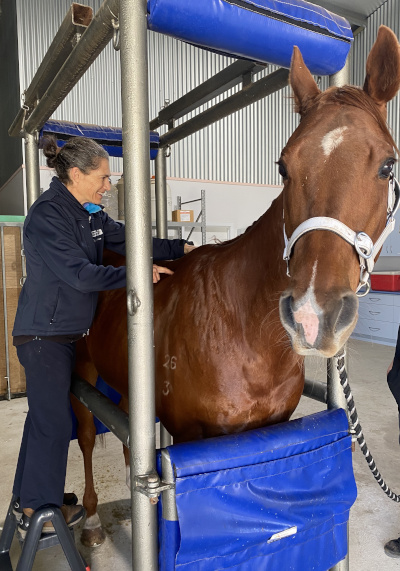
Her practice has gained quite a reputation nationwide, as Swan informed, and its vets handle cases within a radius of 1,000 kilometres (that’s just more than 620 miles to any of our Yank friends who might be reading this) from Esperance. They might go all over the Wheat Belt and on up to the northernmost reaches of Western Australia.
“People from Over East have heard about us,” she said, “not just W.A. people.”
Swan’s vets perform quite the walkabout. Their duties include a weekly clinic in Ravensthorpe. The daily workload is very varied.
“We provide a 24-hour service to the Esperance community and surrounding areas, 365 days a year,” said Swan. “Our on-farm cattle and sheep consulting and management practices form an integral part of our business. We offer pregnancy testing of cattle, sheep and cattle disease investigation, faecal worm egg-counting and drench-resistance testing.”
Swan’s professionals provide diagnostic and consultancy services to other vets nationwide. Sixty percent of this mixed practice is small animals, she informed, and the remainder is predominantly beef cattle, sheep and horses.
“We also deal with a lot of wildlife and exotics,” she added, citing alpacas, small furries (such as rabbits, ferrets and Guinea pigs) and reptiles.
Swan’s clinic has three consultation rooms, a large renovated dog ward with under-floor heating, a cat ward and an isolation ward. There are two surgical theatres (one reserved for orthopaedic surgery), two digital X-ray machines, six ultrasound machines, two endoscopes, a ventilator, oxygen machines, an ultrasonic scaler, a dental cart, a laser and an extensive range of orthopaedic equipment.
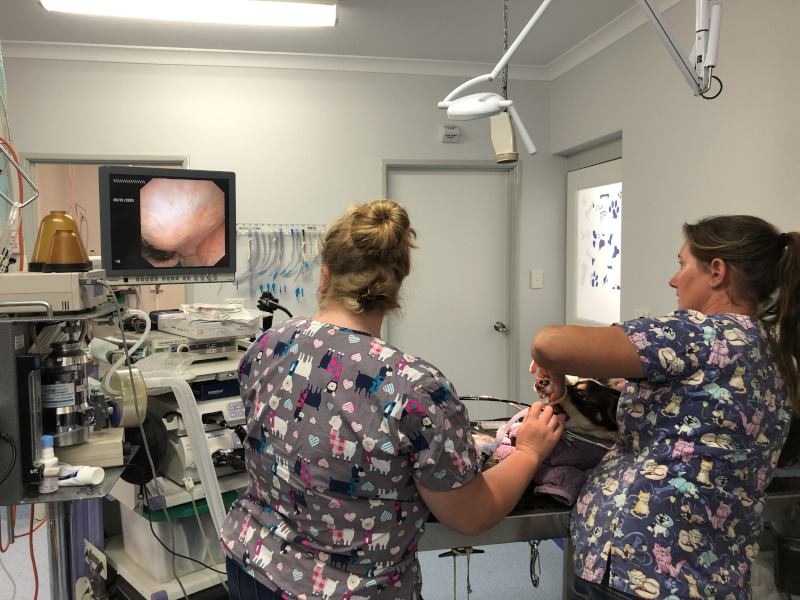
Grabbing a serious problem by the horns
Bovine viral diarrhoea (or BVD) is a serious disease. If exposed to this during pregnancy, Swan said, it could cause cows to abort their foetuses. It can affect fertility. It can also cause calves to have significant birth defects and potentially infect the rest of the herd.
According to Animal Reproduction Science, BVD can have a huge economic impact upon livestock industries around the world. It’s found in herds of cattle in most countries. And according to The Veterinary Record, various diagnostic tests are available for the detection of either active infection or for evidence of a past infection. The diagnostic method used also depends upon whether the vet is investigating at the level of a herd or simply a single cow.
“Enoch,” said Swan, “he’s originally from Colorado in the States. He brought out the technology to Australia to test for that disease. And so we have samples sent in from veterinarians and clients from all around Australia.”
Based upon the information yielded by Bergman’s testing, farmers can decide whether they need to vaccinate or just monitor for BVD. Subsequent precautions can include quarantining and testing new stock until an all-clear is demonstrably known. And Bergman is well known for his expertise. Swan informed that he is much in demand at cattle conferences, both those of a veterinary nature and throughout the bovine industry.
“That’s really increased exposure of our lab and Swans Veterinary Services,” she informed.
It was 17 years ago that Bergman pioneered Australia’s first commercially available laboratory for the testing of ear-notch tissue for the diagnosis of animals persistently infected with BVD. Working with more than 200 veterinary practices and thousands of producers from all over Australia, Swans Veterinary Services tests more than 50,000 samples a year, backed up by Bergman’s management advice for tackling this costliest of bovine viral diseases.
The profile generated by the BVD lab raised the profile of Swan’s practice to the national level. And it indirectly led to Bergman’s election as president of the Australian Cattle Vets organization.
Looking to the future
For Nicole Swan, it’s a busy life and a full day.
She spends the majority of her professional time working with small animals and running the practice. Her veterinary interests include oncology, dentistry and acupuncture.
Also a highly accomplished equestrienne, she is often the on-course vet at equestrian competitions in Western Australia. This allows her to combine her love of being a vet with her longtime love of horses and riding them recreationally.
Gazing at her professional horizons, Swan said more growth and more improvement are definitely in the works for her practice.
“We just got a new ultrasound,” she said. “We keep upgrading our equipment so that we can offer an even better service.”
That means more efficient working days and being able to add more staffers. And it means that when some vets are away on holiday or at conferences, they have colleagues who can keep those professional home fires burning. And Swan said this ties in with the modern ethos of having a better work/private life balance.
That way, she added, the job is “not dominating their lives.”
She encourages her staffers to exercise, be healthy and enjoy life.
Such efforts, she added, “make the whole work place a better environment to work in. That’s kind of what we’re aiming for.”

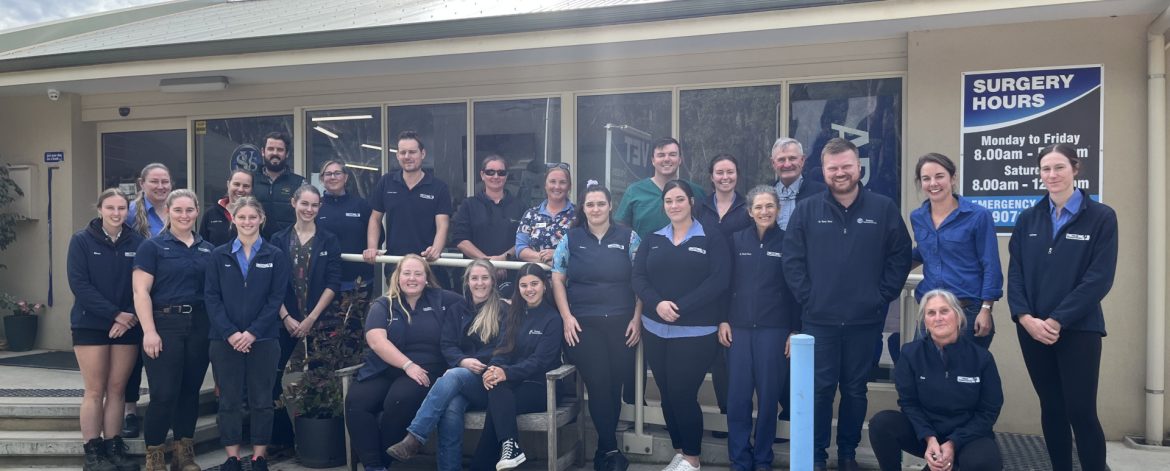
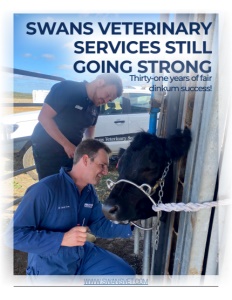
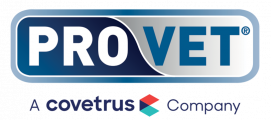
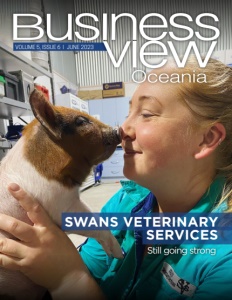
 This information will never be shared to third parties
This information will never be shared to third parties